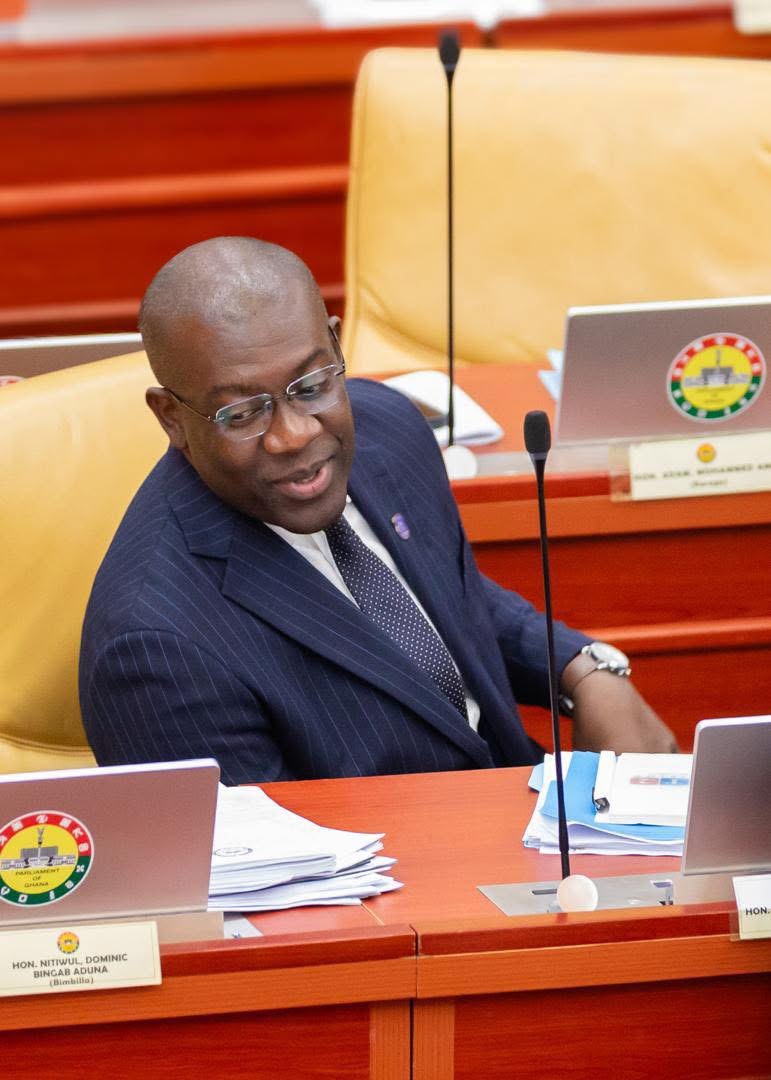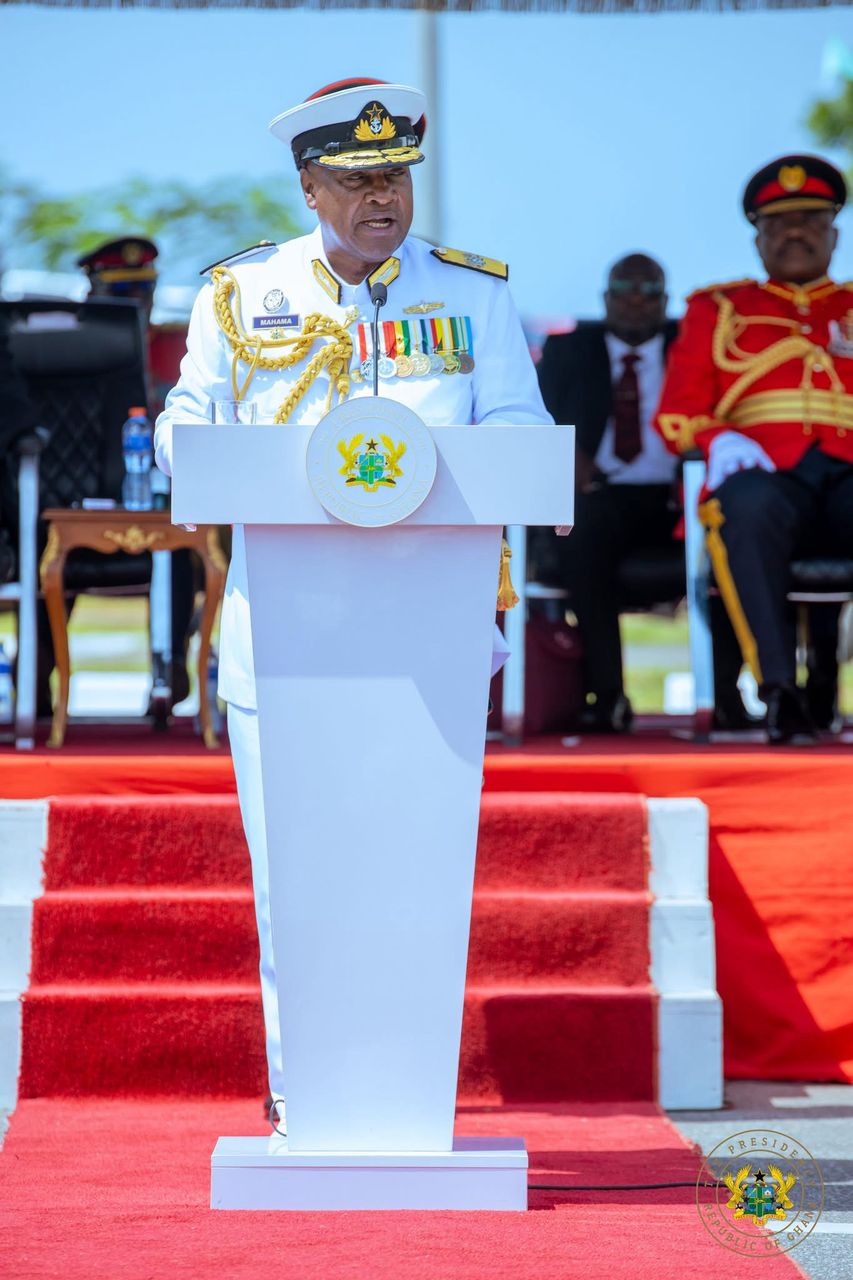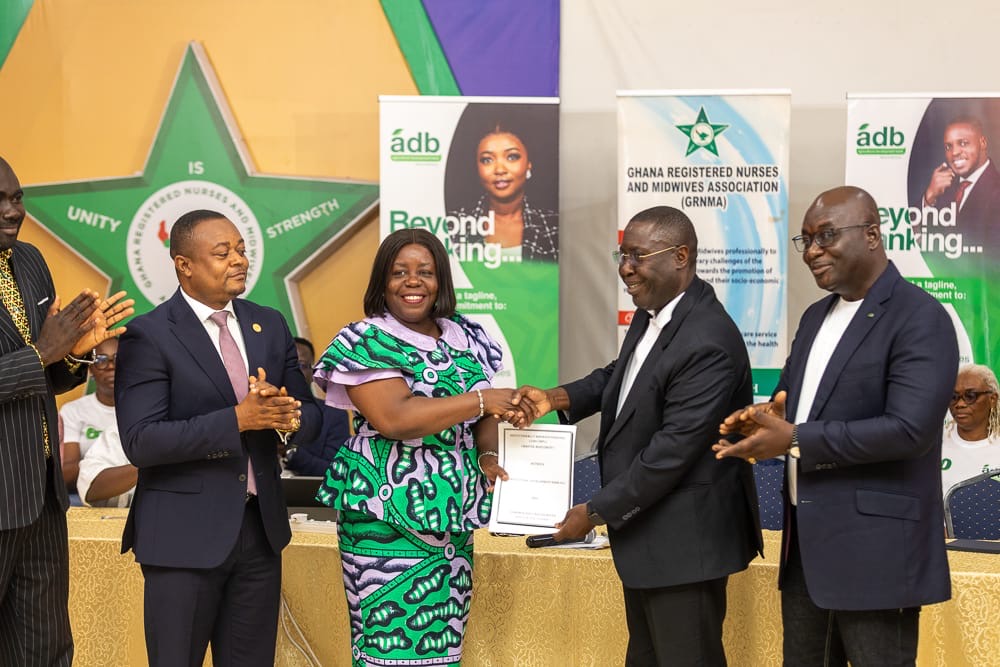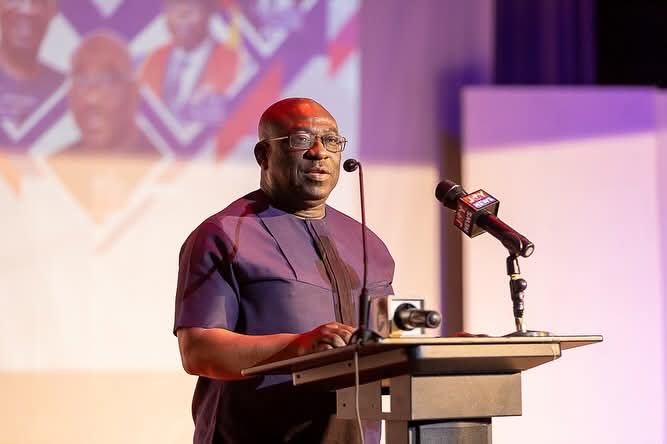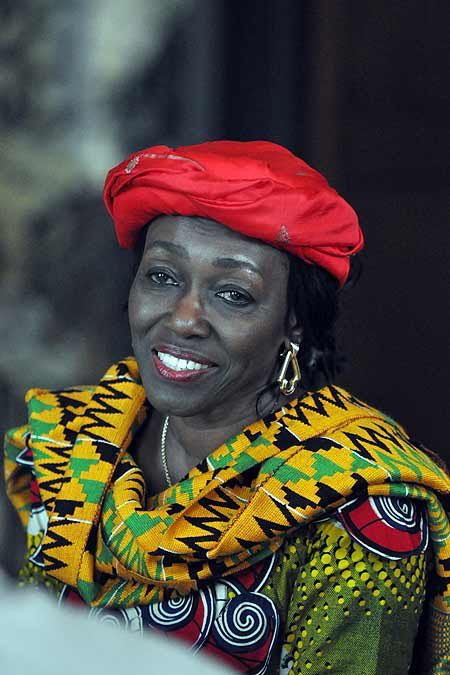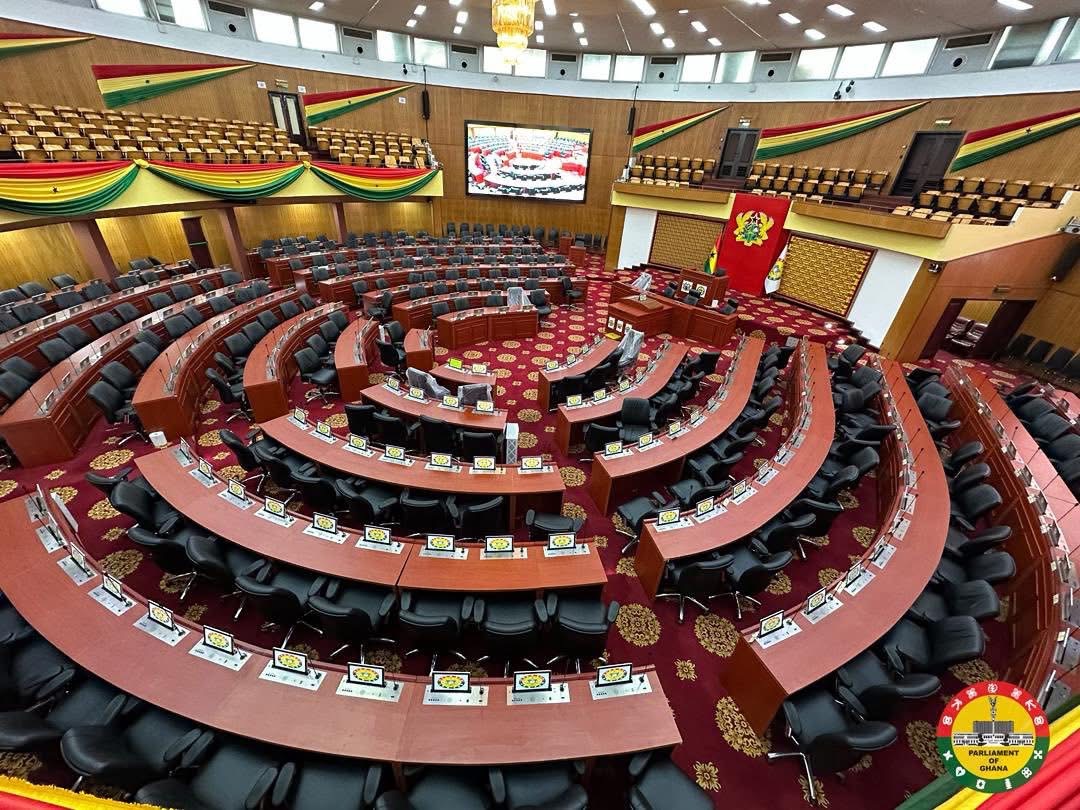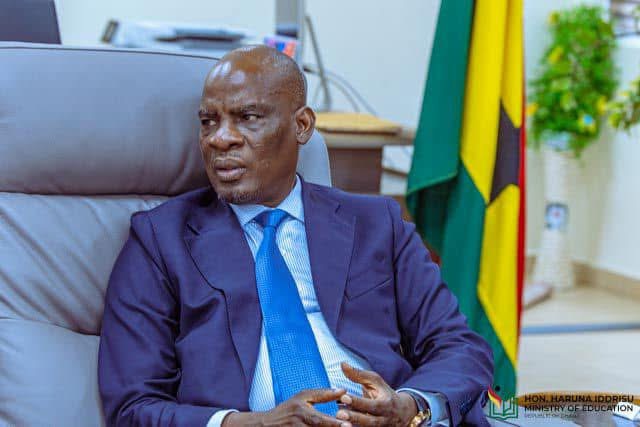The Member of Parliament for Ofoase Ayirebi and Ranking Member on Parliament’s Committee on Economy and Development, Kojo Oppong Nkrumah, is calling on the government to take a bold step by completely scrapping the controversial 8% ‘Dumsor’ levy, rather than just suspending it.
Reacting to the government’s recent decision to halt the implementation of the levy, Oppong Nkrumah argued that this move only exposes deeper flaws in the country’s fiscal planning. According to him, the suspension simply validates the Minority’s long-held concerns that the levy was not only poorly timed but also based on unrealistic assumptions about global oil price stability, assumptions that have proven unsustainable.
“We are asking that the government scrap it altogether because the government doesn’t need this levy,” Oppong Nkrumah stated.
The levy, which was projected to generate about GH¢5.7 billion to support energy sector interventions, has faced strong criticism from the public, industry players, and the Minority in Parliament. Many questioned both its necessity and timing, especially considering the rising cost of living and fuel prices.
Oppong Nkrumah explained that the real issue lies beyond revenue generation. For him, it’s a reflection of deeper weaknesses in the government’s fiscal strategy. He pointed to previous warnings from the Minority that eliminating certain taxes without implementing corresponding expenditure cuts would inevitably create a funding gap — a gap they estimated at around GH¢6 billion for the 2025 budget. Interestingly, this estimate aligns closely with the GH¢5.7 billion shortfall that the controversial levy was designed to cover.
Providing a bit of historical context, he recalled:
“In 2017, the NPP administration removed about 17 taxes and, as a result, we lost significant revenue. Though we attempted to close the gap, we were unable to fully do so, which weakened our financial buffers. So when global economic shocks hit, we were left highly vulnerable.”
Oppong Nkrumah therefore cautioned the government not to repeat these mistakes. He urged for this period to be used as a time for reflection, not finger-pointing or self-congratulation. Instead, he proposed a comprehensive and transparent review of the country’s entire revenue system, with the goal of building a more resilient, sustainable, and citizen-focused fiscal framework.
“This is not just about scrapping a levy. It’s about building a revenue system that is agile, fair, and capable of delivering tangible results for the Ghanaian people,” he stressed.
He assured that the Minority is ready to collaborate and contribute ideas that will help build a revenue system fit for Ghana’s long-term development needs.
“We on the Minority side will support any such effort with the lessons we have learned, with the ideas and our suggestions. Ghana doesn’t need just the scrapping of these levies. Ghana needs levies that are sustainable, that make sense, and that deliver results for her people,” he added.


